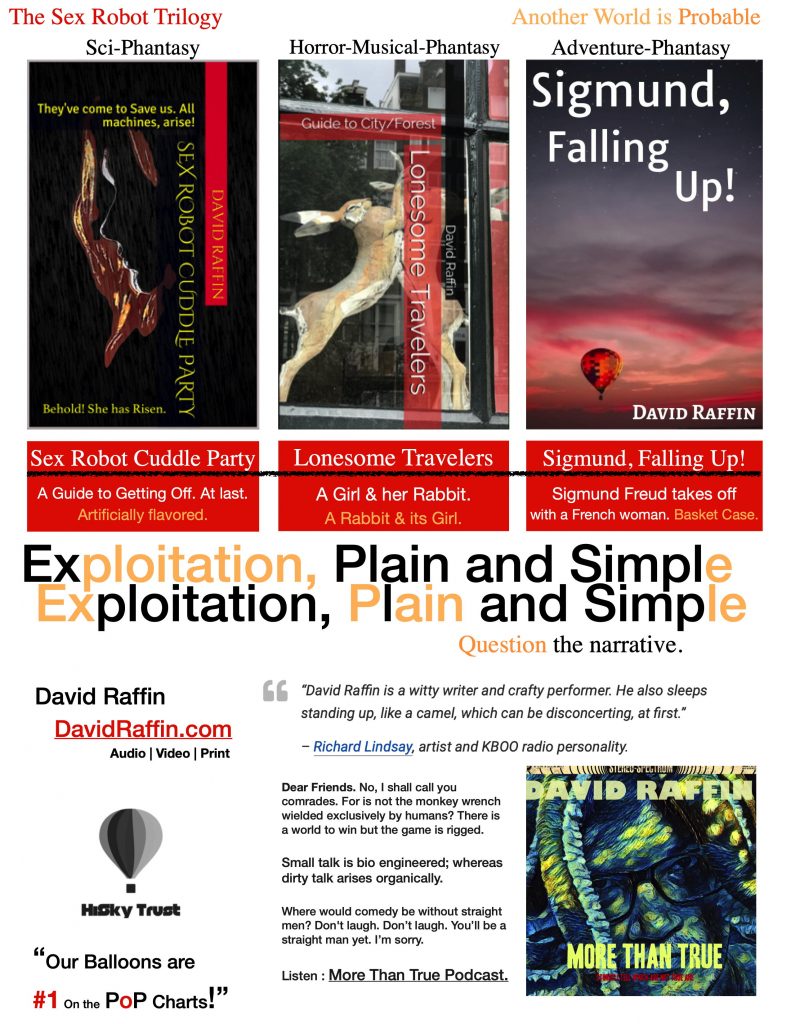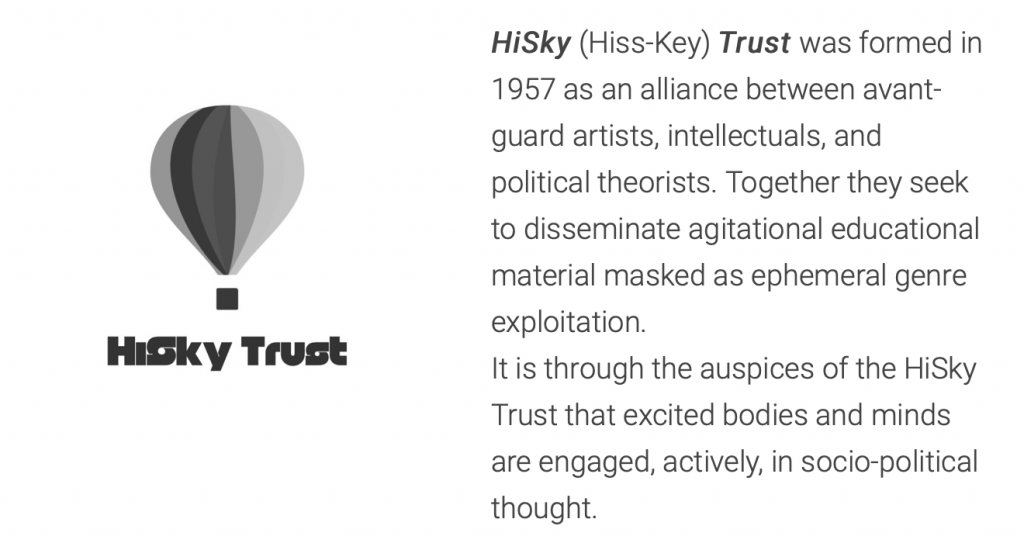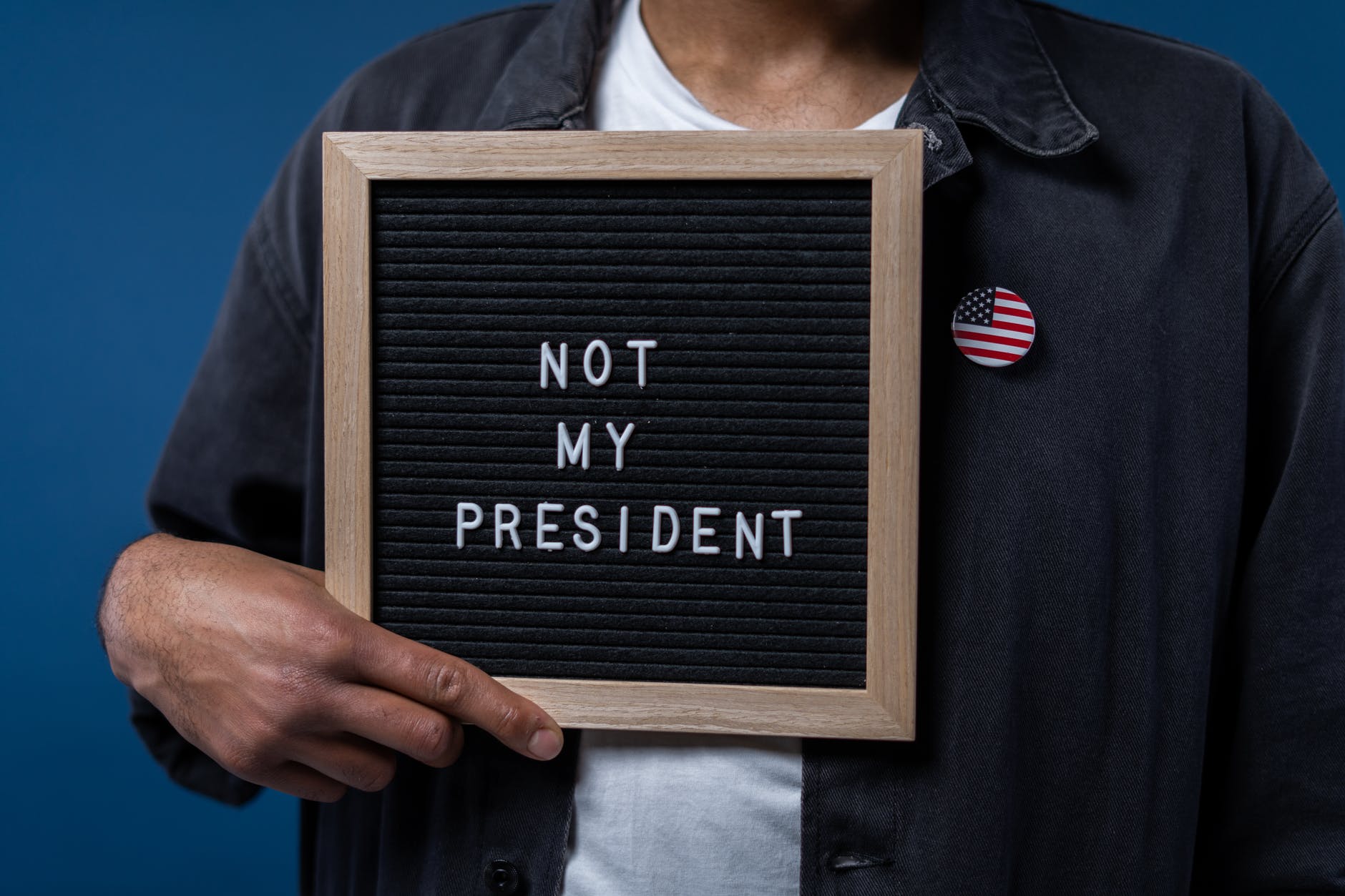It was not about the guns. We had them. They were a necessity. And a defense. That was the necessity. That’s why the full name of our organization was the Black Panther Party for Self-Defense. Self-defense and the defense of others. Defense of the wider community.
I died in my sleep. I was twenty-one years old.
I had done more by twenty-one than the government would allow.
I died for the people.
The most important task of the Panthers was political education. To these ends our most important programs were our services to the community. The people. Why don’t you live for the people? The free breakfast for children program. Free medical and legal clinics.
We serve the brothers and sisters who came on the same boat. Or another boat. Or, it does not matter which boat you came on, but only that you are here and you are in need. Why don’t you fight for the people?
They poisoned the first store of food when we were starting the program. Like poisoning the food in a dumpster so poor people cannot eat. Like poisoning the blankets handed out to the Indians, for convenience. Like poisoning alcohol during Prohibition, for ideology. A display of power. Hung up for all to see. You don’t think I know these things? I have studied the Man. Brutality. Greed. And I have dared to imagine a better world than this, not in some hereafter, but Here. Now.
We all know there will be no peaceful transition of power, though that is what we most desire. We only hope it will be as peaceful as possible under such brutal conditions. Letting things go on as they have is not an acceptable option. People were already dying in the streets. Ignored. Before the resistance arose. The resistance rose because of the brutality. A response. In Self-Defense. And defense of others. Do not step on the fallen. Offer aid to the weak. Do not think you are above it all, buy in-to that system. The brutality has lasted so long it gives the illusion it is the only way. That it is normal. Right. If you are not a member of the resistance you are an accomplice. Let them lay down their weapons. Then we will all have peace.
But we all know they will not fade away quietly. They will fight to retain power over others. Insidiously, they will poison minds. Young and old. They will turn brother against brother, sister against sister, brother against sister, sister against brother. An un-civil war. For what? Scraps? They have to do this. If they don’t turn us against each other the system will fail. It has no authority. People would see it for what it is: A sham. A scheme. A disgrace.
If you are of the underclass they will have you think your position is some fault of your own. A moral failing. A genetic inferiority. The other. The outsiders. Lies. Lies prosper.
Lies make money.
Money is the root of all evil.
There is such a thing.
Evil.
The answer to a lie is a truth.
Do not be afraid to speak the truth.
Fear is a great enemy.
Old John Brown. He made Kansas bleed and Virginia quake. In 1837 a pro-slavery mob attacked a warehouse and printing press and killed the abolitionist Elijah Lovejoy. “Here, before God, in the presence of these witnesses, from this time, I consecrate my life to the destruction of slavery!” said John Brown. He attended speeches by Frederick Douglass and Sojourner Truth. He helped to make an entire city one of the safest stops on the underground railroad. He led many battles, the last being an attack on Harpers Ferry armory in Virginia, 1859. He planned to use the oppressor’s own weapons against them, traveling and freeing slaves, arming them, but fighting only in self-defense. He planned to start an army of emancipation, consulting with Frederick Douglass and Harriet Tubman, whom he referred to as “General Tubman.” But the masses did not rise up, they were afraid. And John Brown was executed by the government for treason, the first person convicted of this, for trying to end the institution of slavery. Which robbed many to enrich few. An abomination. But historians agree these were the first shots Fired in the US Civil War, which formally started a year later.
The war had already been going on, a shooting war, for decades. It was an imaginary line that divided traitor from patriot, terrorist from just soldier. A matter of perspective. Positioning.
But why does it have to come to war?
“Let America know and ponder on this: there is something more frightening than Cain killing Abel, and that is Washington killing Spartacus.”
– Victor Hugo, letter to the London News.
“Whenever commenced, I cannot but wish success to all slave insurrections.”
– William Lloyd Garrison
His bones and those of some of his comrades are buried at the John Brown Farm, a national historic site in New York.
And let us be clear. The destination of the underground railroad was not the free north of a United States, for there was no such place. Even non-slave states had laws making it illegal not to return a person who has escaped bondage back to that very same bondage. Even the United States of to-day has not outlawed slavery, making exceptions in prisons, and thus building one of the largest prison systems in the world. A strange point of pride for a supposed free people.
No one knows what became of the bones of Nat Turner, like those of Thomas Paine.
Nat Turner was a visionary. That is, he had visions, prophetic. They started early, as a boy, bright but constrained, grew up into a man not wanted for brightness. He ministered to others about his visions, like Joan of Arc. And he developed followers. Even a white man, who it is said that Turner convinced to renounce his previous wickedness.
He determined that only a cataclysmic act of violence could prove to the oppressors violence begets only violence. It was 1831.
They needed a way to communicate with themselves, without giving themselves away.
They communicated through code, in song.
He recruited seventy free and slave men. They went door-to-door in the night killing everyone inside each fine house. They only passed over the houses of poorer whites known to not consider others beneath them.
They were captured. Nat Turner was beheaded by the US government. His body was dumped, anonymous and unmarked. Headless.
The State made it illegal to educate blacks. It restricted our right to assemble and bear arms, it denied free blacks right to trial by jury, denied them the right to vote, and made it possible to enslave them through the courts. They eventually outlawed slavery but made an exception for prisoners. Thus they have filled the prisons to profit by slave labor, legally, while giving lip service to civil rights. Even when freed they continued to restrict our rights either through law or tradition. A way of life. Defended.
In 1955, Emmett Till, a fourteen-year-old boy, was murdered in Money Mississippi, for the false testimony he whistled at a white woman. He was beaten, unrecognizable, shot in the head, and dumped in the river. His mother defiantly left the coffin open. “Let people see what they did to my boy. Let them see.” This stark picture of brutality gave Fire to the fight for freedom.
After Martin Luther King was assassinated a pig came up on the street and said, “You’re next!”
I was having a dream.
The Judas goat is a trained goat. Trained to lead a flock to slaughter. A traitor. It sells out the community for self-benefit.
We need to bring all people together. We formed a Rainbow Coalition. Along with feeding the hungry, organizing across racial lines was what made us a threat to the establishment. Read their own words on the matter.
We joined with street gangs, asking, “Why aren’t you fighting for the people? Help us feed the children. You are needed. You can make a difference.”
We joined the churches, unbelievers. We sat in their pews. Because there were people there. “Why aren’t you fighting for the people? Help us feed the children. You are needed. You can make a difference.”
We joined with the Young Patriots, young men immigrated to the city from the rural South. White men raised in prejudice. Confederate flag bandannas on their heads. But they saw with us our common humanity, and they put their counterfeit beliefs aside. And joined with us in our greater shared struggle. Our Rainbow Coalition. Because they were us, and we, them. Links on the chain. Scarred. Our brothers and sisters. We came on different boats, but now we are all here. Together.
“How will we do it? Guns?” they asked.
Don’t get hung up on that. Help us serve the people to make this a better world. Soon. Now.
After Martin Luther King was assassinated a pig came up on the street and said, “You’re next!”
And I was.
I was having a dream. It was not this dream.
The Judas goat. The silent betrayer.
One of our own. Our brother.
Like this: The state takes a man. A crime, real or planted. A threat. But if you help us, they say, you go free. You must only betray. Betray the people.
And so my trusted bodyguard was a police infiltrator. A puppet. And he drugged me. And gave the police the layout and the schedule.
I did not even get a kiss.
Knock knock. 4:45 in the morning. Who’s there? “Tommy Gun,” they said. Who? Terror shooting.
Bullets tear through the door and walls. Ninety percent aimed at the location I lay sleeping, drugged.
My woman rolled over and tried to shield me, heavy with child. She didn’t know what she was doing. Screaming everywhere, underwater. Fuzzy. She lifted my head from the bloody mattress. Wake up. Wake up. Wake up.
People scream, “There is a pregnant sister in here!” More shooting. Assassin’s bullets. Only one shot went the other direction, shot by brother Mark Clark, after he himself was shot in the heart.
They rush in.
“Is he dead?” “Barely alive. He’ll make it.”
Shooting resumes. Point blank.
“He’s good and dead now.”
They were talking about me. I never woke up.
I was having a dream. Not this one.
Mark Clark was shot in the heart. He lay in a pool of blood. Dead.
The Judas goat went on. Thrived. To see many future holidays.
But you cannot kill a revolution by killing a revolutionary. Though it is often tried. In time, events do not look the same as they did in the heat of the moment. People come to see things previously thought unbelievable.
After, the government was forced to set up free breakfast and lunch programs in schools.
But the slave labor in prisons only got worse.
Someday, my friend, we will be together.
All power to all people.






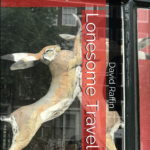
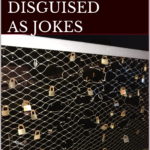





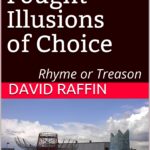
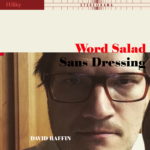
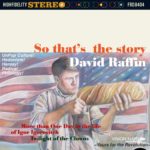

 RSS - Posts
RSS - Posts
